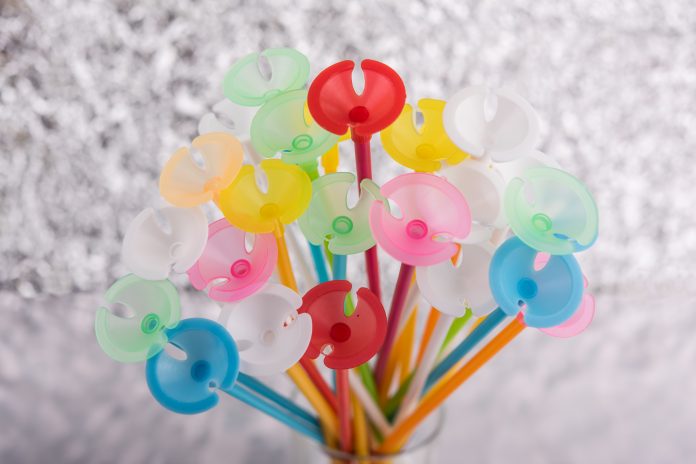Andy MacInnes, B-Loony, discusses how the single-use plastics ban will affect SMEs and highlights the need for them to plan ahead for the future
With Brexit negotiations dominating the news agenda, it is easy to forget that in 2021 legislation on single-use plastics as set out by the European Union (EU) will come into force in the UK. This will happen whether we have left the EU or not. In fact, from next year, the UK Government has pledged to ban straws, drinks stirrers and cotton buds.
Global concern about single-use plastic is certainly welcome news for the environment and a step in the right direction as research conducted in 2018 found that in England, an estimated 4.7 billion plastic straws, 316 million plastic stirrers and 1.8 billion in plastic-stemmed cotton buds are used each year. It is clear that we cannot continue as we are.
The EU single-use plastics legislation which comes into force in 2021 will include a larger range of products than the immediate UK ban including:
- Single-use plastic cutlery (forks, knives, spoons and chopsticks);
- Single-use plastic plates;
- Plastic straws;
- Cotton bud sticks made of plastic;
- Plastic balloon sticks;
- Oxo-degradable plastics and food containers and expanded polystyrene cups.
Global businesses like Costa Coffee, McDonalds and the BBC and others have already started planning for the ban, developing alternatives and phasing out plastics throughout their businesses. But what about SMEs and smaller businesses which make up the vast majority of businesses in the UK?
Many of them are directly affected by the ban, especially if they are involved in the manufacture or sale of any of the banned plastic goods. Our work as a commercial balloon printer with clients around the world will be directly affected by the ban as plastic balloon sticks are on the banned products list. This has led us to think about all our products and how we can innovate to make them more sustainable.
We have been readying ourselves for a ban on single-use plastics for a few years. Balloons themselves are not included in the ban as they are not made of plastic but of natural rubber so will biodegrade. However, for promotional purposes, they are often supplied with plastic sticks which have been caught up in the Directive. It is these plastic sticks that are the issue and we have worked hard to find a sustainable replacement for them.
We have now developed a sturdy cardboard balloon grip that is recyclable and does away with the need for single-use plastic stick. This is good news for customers and it has proved popular with many of our clients who can now choose a more sustainable alternative for no extra cost and have already saved hundreds of tons of single-use plastics from being dumped in the environment.
Innovation has been the key here and SMEs who may be affected by the plastics ban, need to think about the bigger picture and look for viable sustainable alternatives to products that they manufacture or that they use in their businesses that can be responsibly disposed of. We have found that larger brands increasingly insist on only working with suppliers and contractors that can demonstrate sustainability so this is an issue that is fast becoming a priority for any business. Most of the global brands we do business with insist on good practice within their supply chain and so it is vital that we can demonstrate that our products are sustainable and recyclable.
In today’s more eco-conscious business world, as businesses and individuals, we are all aware of the responsibility that our decisions now will mean for future generations. There is always an alternative, it just takes a bit of creativity and time to find it. Let’s see if we can be a catalyst for change and encourage companies to think more sustainably and decrease their reliance on plastic.











